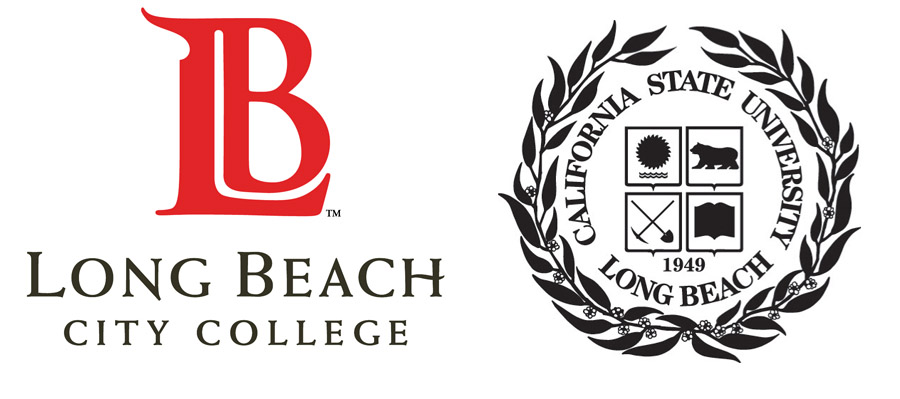
Back in 2012, Anissa—then a young history student at Cal State Long Beach who happens to also be undocumented—posed a rhetorical question to Post readers: “I don’t even recollect being in Mexico—where does that put me?“
Anissa is one of an estimated 1.8M undocumented persons living in the United States, the vast majority of whom were brought here illegally from Latin America while they were babies or young children. According to the Immigration Policy Center, nearly half of those individuals live in California and Texas.
Anissa also happens to be a Dreamer, a title given to individuals who are supported by the Development, Relief, and Education for Alien Minors (DREAM) Act. This policy was put forth by the Obama Administration but ultimately failed in 2010; the policy was to allow individuals such as Anissa—brought here beyond their will, raised almost entirely in the States, but undocumented and therefore stripped of many American-citizen rights—to avoid deportation, provide them legal status, and better access to education. This led to the creation of the Deferred Action for Childhood Arrivals (DACA) program, announced by the Obama Administration in 2012, which offers many protections for the same group of youth: a 2-year protection against deportation and work permit. However, it does not provide citizenship or educational opportunities.
“Youth organizers have rallied under the title of the DREAM Act, as they would be eligible if it were to pass, and that’s sort of where the DREAM movement and ‘Dreamer’ moniker have come from,” said Laura Merryfield of the Long Beach Immigrants Rights Coalition (LBIRC).
Now, thanks to an investment through The Dream.US initiative, that access to education will expand extensively for Long Beach: $25M in scholarships will be dispensed to Dreamers attending Long Beach City College (LBCC) and Cal State Long Beach (CSULB), the only two schools in the state to be included in the initiative. It marks the largest scholarship fund ever for Dreamers.
The fund—founded by former Washington Post owner Donald Graham, philanthropist Henry Muñoz, and Republican and former US Secretary of Commerce Carlos Gutierrez—is mostly funded by the Bill & Melinda Gates Foundation, along with the Graham family and the Fernandez Foundation.
Scholarship assistance is deeply beneficial to Dreamers because their illegal status makes them ineligible for federal financial aid. Many, like Anissa, cover the entire cost of their education themselves, through multiple jobs or applying for local grants and scholarships where citizen status is not required.
California passed AB 540 in 2001 to lessen this burden on undocumented students: it allows Dreamers to apply for in-state tuition. LBCC has 251 Dreamers who applied for AB 540; CSULB has 650. Furthermore, the California Dream Act (AB130 and AB131) fully came into effect in 2013; this pair of state bills allows undocumented students at in-state schools to apply for financial aid, both as scholarships and as CalGrants.
“Overall, this will help to continue to push for a diversification of distinct perspectives in higher education,” said Miguel Montalva, honorary member of the LBIRC.
{loadposition latestnews}
Montalva—also a Dreamer; his parents brought him to the States when he was very young—finished his graduate work at CSULB in 2011 while becoming involved in the local, undocumented community. He was part of the first group to benefit from AB 540—and that benefit has proved fruitful–he is now obtaining his PhD in sociology from Northeastern University.
“I think it is a great investment for the future of our communities that will help bridge the educational gaps for undocumented students in institutions of higher education,” Montalva said.
The following schools across the country will also be participating in The Dream.US scholarship fund:
- The Borough of Manhattan Community College (New York)
- Bronx Community College (New York)
- El Paso Community College (Texas)
- Kingsborough Community College (New York)
- Miami Dade College (Florida)
- Mount Washington College (Online)
- South Texas College (Texas)
- Trinity Washington University (Washington, DC)
- University of Texas Pan American (Texas)
- University of Texas El Paso (Texas)
Read more:


